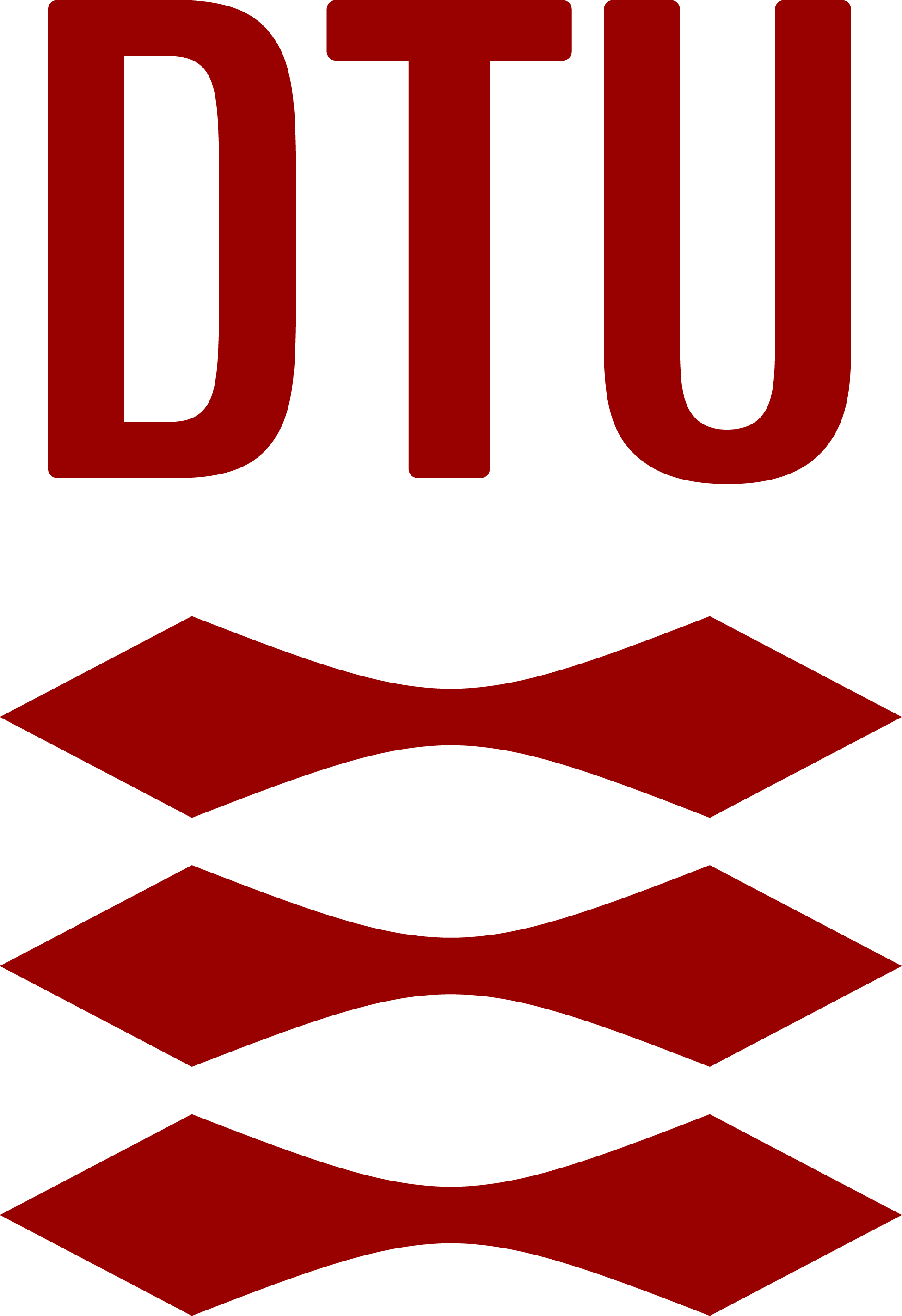About this course
Structured data modelling. Feature extraction and dimensionality reduction. Similarity measures and summary statistics. Visualization and interpretation of models. Overfitting and generalization. Regression and classification (decision trees, nearest neighbor, naive Bayes, neural networks, and ensemble methods). Clustering (k-means, hierarchical clustering, and mixture models). Association rules. Density estimation and outlier detection. Applications in a broad range of engineering sciences.
Learning outcomes
At the end of the course the learner will be able to: , Describe the major steps involved in data modeling from preparing the data and modeling the data to evaluating and disseminating the results. , Discuss key machine learning concepts such as feature extraction and cross-validation and generalization. , Sketch how the data modeling methods work and describe their assumptions and limitations. , Match practical problems to standard data modeling problems such as regression/classification/density estimation/clustering and association mining. , Apply the data modeling framework to a broad range of application domains in medical engineering/bio-informatics/chemistry/electrical engineering and computer science. , Compute the results of the data modeling framework by use of Matlab/ R or Python. , Use visualization techniques and statistics to evaluate model performance and data issues. , Combine and modify data modeling tools in order to analyze a data set of their own and disseminate the results of the analysis.
Examination
Written exam or oral online exam
Course requirements
First year university mathematics including basic course in linear algebra and calculus, furthermore basic knowledge of probability theory or statistics, basic knowledge of either Matlab, Python or R
Resources
- http://www2.compute.dtu.dk/courses/02450/
Activities
The activities alternate between lectures, problem classes and hands-on Matlab, R or Python exercises.
Additional information
- Institution locationAnker Engelunds Vej 1 1, Kgs.Lyngby
- More infoCourse page on website of Technical University of Denmark
- Contact a coordinator
- LevelBachelor
- Contact hours per week4
- InstructorsMorten Mørup
- Mode of deliveryHybrid
